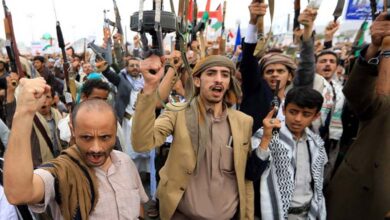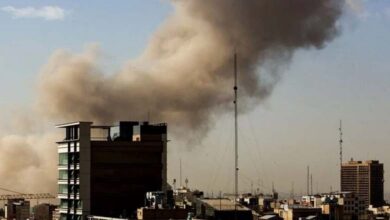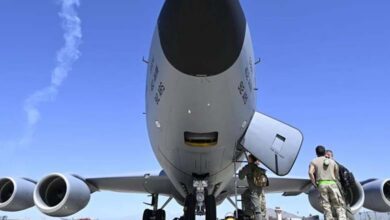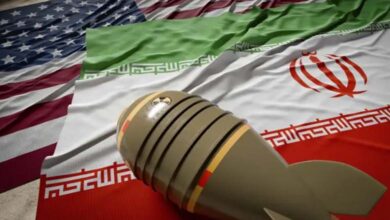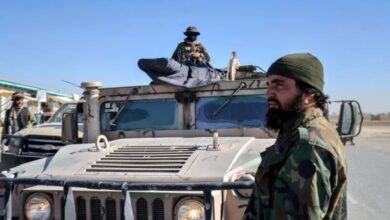OIC, GCC welcome UN resolution designating Houthis as terrorist group for first time
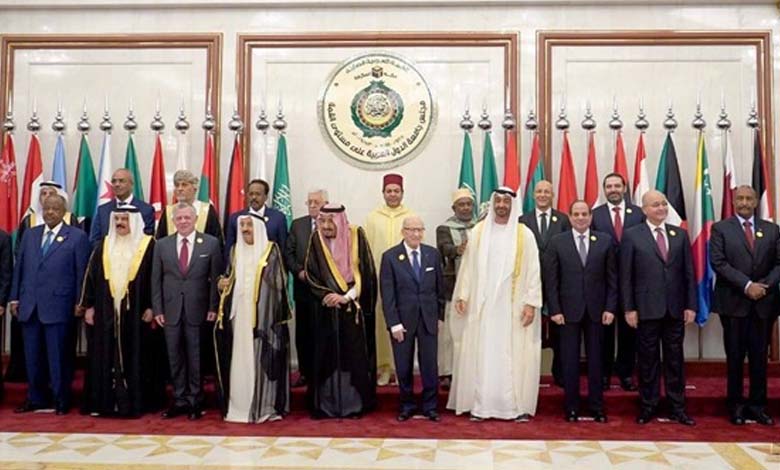
The UN Security Council on Monday voted to adopt a draft resolution on Yemen that expands the scope of an existing arms embargo targeting the leaders of the Houthi militia, including Abdul Malik Al-Houthi, to encompass the entire membership of the Iran-backed group.
In addition, the resolution labels the Houthis as a terrorist group for the first time, following an ongoing series of cross-border drone and missile attacks targeting the UAE and Saudi Arabia, and a wide range of violations affecting the Yemeni people and the international community.
It also renews financial sanctions and a travel ban on senior members of the Houthi militia for an additional year.
The Organization of Islamic Cooperation and the Gulf Cooperation Council welcomed a move by the UN Security Council to classify Yemen’s Houthi rebel group as terrorists and extend an arms embargo to all of its members.
The OIC said in a statement that it hopes the UN’s decision will contribute to ending the actions of the Houthis and their supporters, adding the threat of the Houthi militias to the Yemeni people, international shipping and neighboring countries will be limited.
Nayef Falah Al-Hajraf, the secretary general of the GCC, expressed his desire for the UN’s decision to contribute to ending the activities of the Houthis, stopping the bloodshed of the Yemeni people, and stopping the supply of missiles, weapons and unmanned aerial vehicles (UAVs) targeting Saudi Arabia and the United Arab Emirates.
The UN Security Council labelled the Houthis a “terrorist group” for the first time and expanded an arms embargo against the organization.
The bill submitted by the UK to the council was adopted by 11 votes in favor and none against while Ireland, Mexico, Brazil and Norway abstained.
The adopted bill calls on member states to “increase their efforts to combat the smuggling of arms and components by land and sea” and urges all member states to fulfill their obligations to prevent such transfers.
Yemen has been engulfed by violence and instability since 2014, when the Iran-aligned Houthi rebels captured much of the country, including the capital Sanaa.
A Saudi-led coalition aimed at reinstating the Yemeni government has worsened the situation, causing one of the world’s worst man-made humanitarian crises, with nearly 80% or around 30 million people needing humanitarian assistance and protection and more than 13 million in danger of starvation, according to UN estimates.




